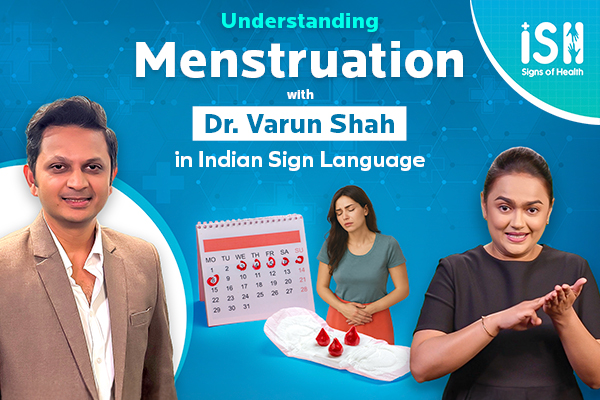11 Legal Rights Every Woman Must Know
11 legal rights every Indian woman must be aware of to fight against any type of discrimination.
Being a woman is not easy. We have to face so many emotional, physical and psychological challenges that men aren’t even aware of let alone understand it. But the worst of all is gender discrimination & physical or sexual abuse and running the #MeToo campaign. Speaking about women empowerment & feminism is not enough. We all must acknowledge our power and the rights given to us by the government of India to make this country a better place for women of the upcoming generations. Therefore, today I’m going to tell you 10 legal rights every woman has in India which will help us stand stronger on our grounds and disclaim the status of the ‘weaker sex’.
So, here are these 10 legal rights for women:
1. Right to Equal Pay
According to the Equal Remuneration Act 1976 of India, every woman is entitled to receive equal pay for equal work to her male colleagues. The company or the brand cannot discriminate against women in terms of their salary, wages or pay.
2. Dignity & Decency in Legal Processes
In the legal matters and cases in which the accused or suspect is a woman, any arrests or medical examinations must be conducted by or in the presence of another woman only. This right ensures the upkeep of women’s dignity, decency and safeguards their privacy and respect in legal processes.
3. Right Against Workplace Harassment
The Sexual Harassment of Women at Workplace (Prevention, Prohibition and Redressal) Act 2013 of India allows women to file complaint against any form of sexual harrasment at their public or private workplace. According to this act, every company / brand has to compulsorily form an Internal Complaints Committee (ICC) to address such matters and provide legal advice to the victims. This not only ensures a safe work environment but also improves women’s professional performance and economic empowerment.
4. Right Against Domestic Violence
Under the Section 498 of the Indian Constitution, women can file a police complaint & a legal case against their husbands or relatives of their husbands for verbal, economic, emotional, and sexual domestic abuse. The offenders can receive 3 years of non-bailable imprisonment with fine as a punishment.
5. Right to Anonymity for Sexual Assault Victims
The female victims of sexual assaults are given the right to record their statements alone in front of the district magistrate or in the presence of only female officers to protect their identity and privacy. This right also ensures women safety because of anonymity during legal trials and proceedings.
6. Right to Free Legal Aid
The Legal Services Authorities Act 1987 of India provides the female rape victims the right to free & competent legal services as well as representation in the court to ensure that are given equal opportunity to secure justice. The free legal service also removes the economic burden of paying the lawyer from the minds of the victims.
7. Right Not to Be Arrested at Night
According to the Section 46(4) of Criminal Procedure Code, a woman cannot be arrested after sunset (6 pm) and before sunrise (6 am), even with the presence of a female police officer. This law can be excused only in some exceptional circumstances but still requires the direct order of the magistrate. The law also mandates the presence of a woman constable and family members or friends during police interrogation of a woman.
8. Right to Register Virtual Complaints
The section 9 of POSH Act 2013 empowers women by allowing them to file virtual complaints through email or written submissions sent to a police station from a registered postal address. The Indian government has also created a solitary complaint Website called “she-BOX.” on which women can register their complaints. The complaints are immediately forwarded to the concerned departmental authorities to take action. This right also makes reporting easier for the old and elderly women and for those who are disabled or cannot physically visit the police station.
9. Right Against Indecent Representation
Depicting a woman's figure indecently is a punishable offense under The Indecent Representation of Women Prohibition Act of 1986. Doing so in any form can result in 2 years of imprisonment and a heavy fine. This right safeguards women from derogatory representations that may harm public morality.
10. Right Against Stalking
When anyone tries to have repeated interactions (keeps following) with a woman personally or digitally via email, instant messages or any other electronic communication without the consent of the woman, the offense is called stalking. Section 354D of the Indian Penal Code (IPC) allows women to file a complaint and take strict legal actions against such individuals.
11. Right to Zero FIR
An FIR that can be filed at any police station irrespective of the location of the incident or the jurisdiction is called the Zero FIR. The Zero FIR can be later moved to the police station in whose jurisdiction the case falls under. The Supreme Court of India has provided this right to women too to save the victim's time and prevent the offenders from running away.
Sure being a woman is not easy but being aware of our legal right is an important and compulsory step in the direction of self empowerment. I hope that you don't need to use any of these right, ever.







